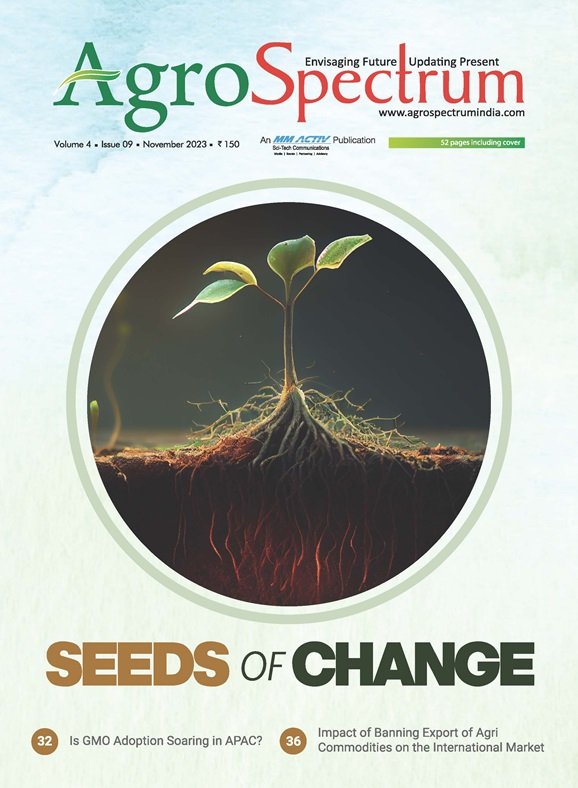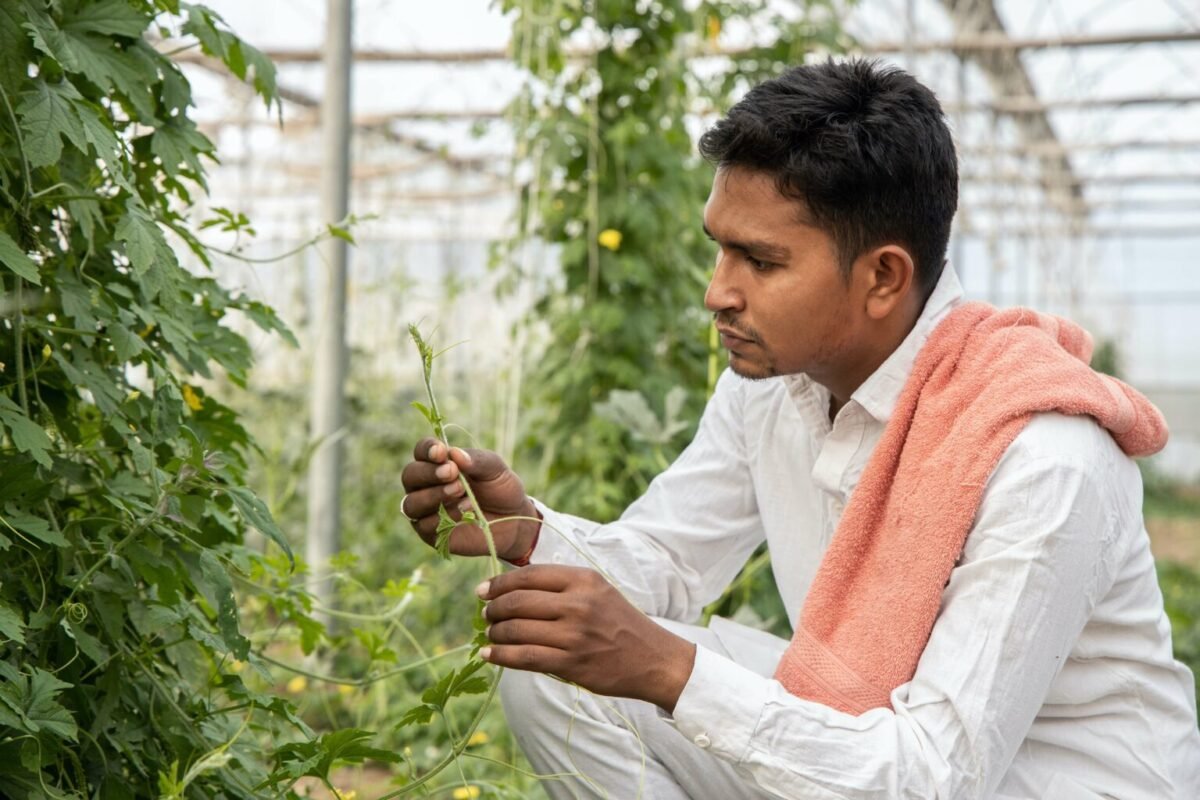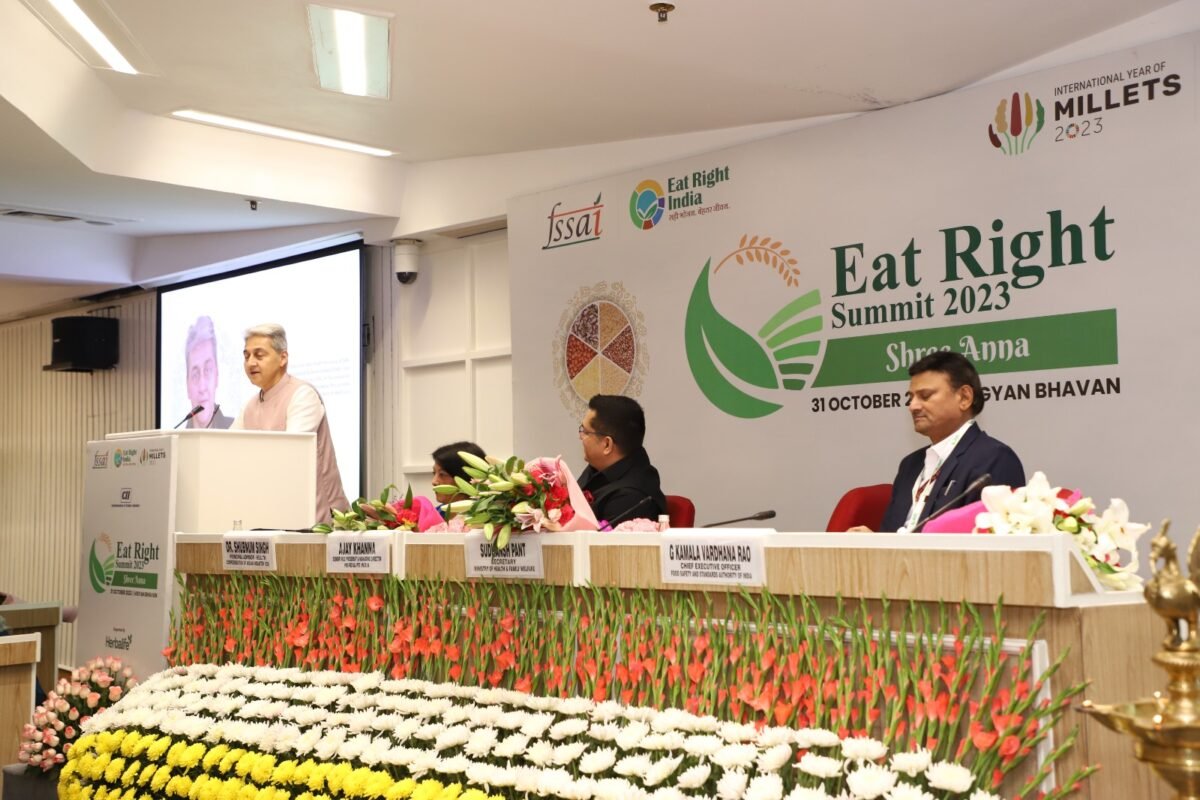Sameer Manohar Sawant, President, Namdhari Seeds shares his views on the status of the seed industry in India. Edited excerpts:
Namdhari Seeds, founded in 1985, is a prominent player in the global vegetable and flower seed industry. Initially, the company focused on contract seed production for exports but later ventured into breeding programs to develop hybrid crops tailored for the Indian market. Their hybrid seeds have propelled them to a leadership position in India’s vegetable seed sector. With 500 commercialised hybrids across 2,00,000 hectares of open fields, greenhouses, and net houses catered by a network of 1500+ distributors, globally, today, the company has become an established name in the contract production market. All this is credited to its expertise and world-class IP protection stemming from over three decades of business built on trust and strong ethical practices. With a strong brand heritage, substantial investments in R&D, an extensive distribution network, and a diverse product portfolio, Namdhari Seeds is the preferred partner for numerous global seed players. Sameer Manohar Sawant, President, Namdhari Seeds shares his views on the status of the seed industry in India. Edited excerpts:
How is Namdhari Seeds contributing to the growth of the seed industry?
Namdhari Seeds is at the forefront of contributing to the growth of the seed industry in India. We are committed to advancing the sector through our comprehensive approach in research, production, and marketing of vegetable seeds.
Our research efforts are focused on developing high-yielding, disease-resistant, and climate-adaptive Vegetable seed varieties. By continuously innovating and introducing new cultivars, we aim to address the evolving needs of farmers and changing environmental conditions. We uphold stringent quality control measures in seed production to ensure that our seeds meet the highest standards. Our state-of-the-art production facilities employ the latest technologies to produce seeds that are reliable and superior in performance.
We actively engage with farmers to provide them with the knowledge and training required for successful cultivation. Our expertise and guidance help them optimise their crop production and ensure a profitable harvest. Through our robust marketing strategies, we enable farmers to access broader markets, increasing their income and opportunities. We connect them with the right channels, ensuring that their produce reaches consumers effectively.
Recently the company inaugurated a state-of-the-art greenhouse facility, dedicated to enhancing its existing Plant Pathology and Seed Health operations and NABL Accreditation. How will you leverage the seed industry in terms of adhering to international standards and incorporating the latest technological advancements?
The state-of-the-art greenhouse and NABL accreditation are critical steps in our journey to adhere to international standards and embrace technological advancements. They empower us to provide seeds of the highest quality, aligned with global expectations. We are excited to contribute to the growth and advancement of the seed industry, both nationally and on the international stage.
The new greenhouse facility is dedicated to enhancing our plant pathology and seed health operations. By providing a controlled and isolated environment, it enables us to conduct precise and thorough research on disease resistance and overall seed health.
This facility accelerates our research and development efforts. It allows us to test a wider range of seed varieties, closely monitor plant responses to diseases, and swiftly identify and develop resistant strains. This, in turn, expedites the introduction of disease-resistant and high-yielding seed varieties to the market.
The greenhouse facility is designed to meet international standards for research and seed production. It ensures that our seeds are not only high-performing but also compliant with global quality benchmarks. This is essential for export and to meet the needs of farmers who demand seeds of international quality.
The Centre has recently launched SAATHI (Seed Traceability, Authentication and Holistic Inventory) Portal and Mobile App, a Centralised Online System for seed traceability. How will it help in mitigating the challenges in the seed industry?
The launch of SAATHI is a significant step towards addressing critical challenges in the seed industry. This centralised online system for seed traceability and authentication will provide several benefits. For instance, SAATHI will make the entire seed supply chain more transparent, allowing stakeholders to trace the origin and journey of seeds, from production to distribution. This transparency can help build trust among farmers, consumers, and regulatory authorities.
By ensuring that seeds meet specified quality standards, SAATHI will help mitigate the issue of substandard or counterfeit seeds. It will empower farmers with confidence in the authenticity and quality of the seeds they purchase.
The system will support regulatory authorities in enforcing seed regulations more effectively. This can help curb the distribution of unauthorised or low-quality seeds. SAATHI will help in reducing fraud and malpractices in the seed sector. It can deter the distribution of counterfeit seeds and the mis-labelling of seed varieties.
The holistic inventory feature will assist in better managing seed stocks, reducing waste, and ensuring that the right seeds are available at the right time.
To read more click on: https://agrospectrumindia.com/e-magazine
Sameer Manohar Sawant, President, Namdhari Seeds shares











